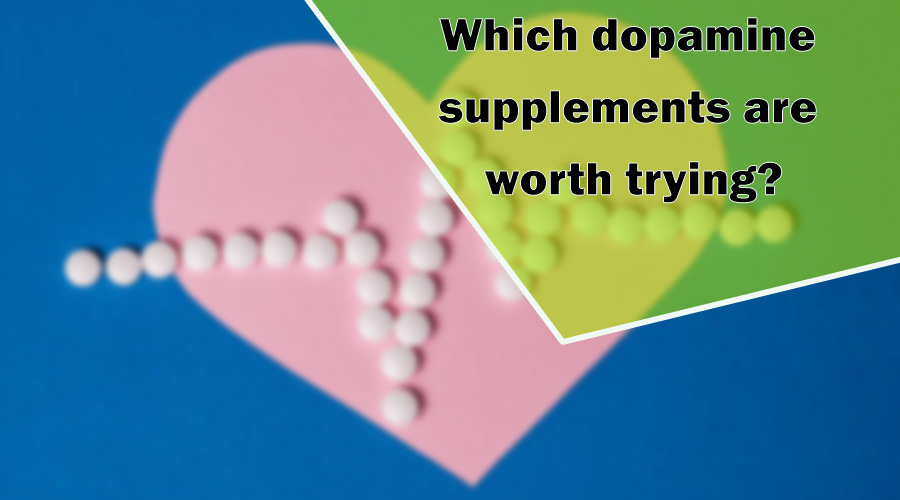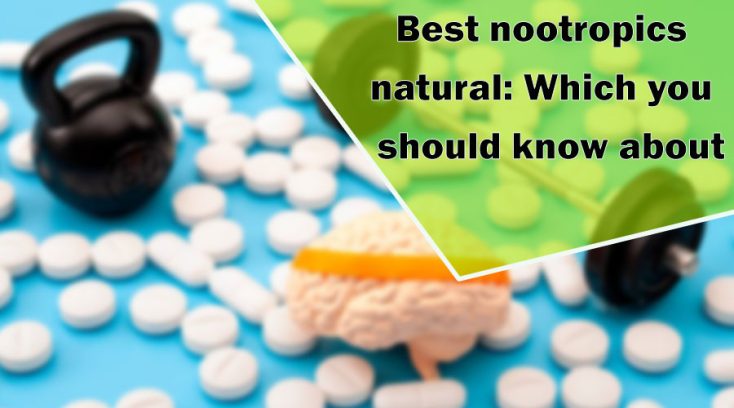Dopamine is a neurotransmitter that is involved in pleasure, motivation, and reward. It is also considered to be a vital regulator of movement and cognition. Some people take dopamine supplements in order to increase these functions and help with dopamine deficiency. Some benefits of using dopamine supplements include improved mood, increased focus, and an increased sense of well-being. There are many dopamine supplements on the market, but which ones are worth trying? In this article, we will enumerate the best dopamine supplements that are worth checking out.
Table of Contents
Best dopamine supplements
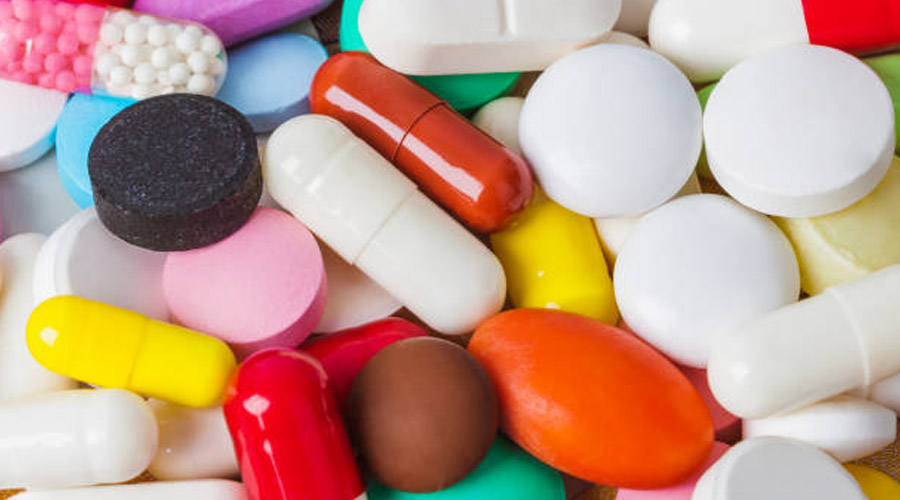
In recent years there has been a lot of research done on dopamine supplements. There are many different formulations and dosages that are available, so it can be difficult to decide which one is the best for you. It is important to make sure that you find a supplement that has the right dosage for you, as too much or too little may not have the desired effect. Below is a list of the best dopamine supplements worth trying.
Mucuna pruriens
Mucuna pruriens is a herb with multiple benefits for humans. Mucuna is a traditional Ayurvedic medicine used to improve mood and cognitive function. It has been shown to be an effective dopamine supplement in treating addiction and conditions such as attention deficit hyperactivity disorder (ADHD). The active compounds in mucuna, pruriens and purinol, are thought to increase brain dopamine levels. Mucuna also helps improve sleep quality and reduces anxiety.
Berberine
Berberine is a natural compound found in many plants and has been used in traditional Chinese medicine for centuries. It has now been shown to be an effective dopamine supplement, which could have important implications for the treatment of a number of diseases. Berberine has been shown to help in raising dopamine levels in the brain, which could help improve symptoms such as ADHD, mood disorders, and addiction.
Green tea
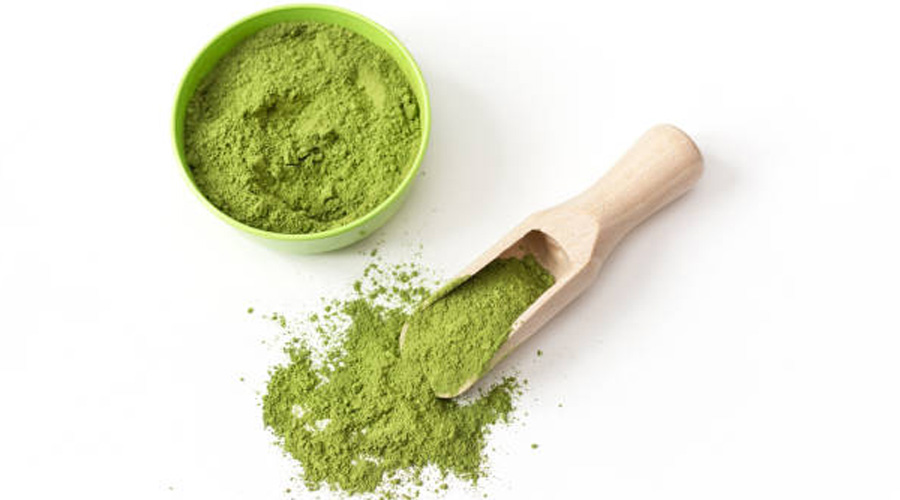
Green tea is a popular beverage around the world, and for good reason. Not only does it contain antioxidants and other health-promoting compounds, but recent research suggests that it may also act as a dopamine supplement. In particular, green tea has been shown to increase dopamine production in the brain, which may help to improve mood and cognitive function. Green tea may be beneficial for people with Parkinson’s Disease and other neurological disorders because it can boost your mood and energy.
Caffeine
Caffeine is a natural stimulant and has been used for centuries as a means of increasing alertness. It’s also been shown to increase dopamine levels, which can lead to increased motivation and productivity. Caffeine can be consumed in coffee, tea, soda, energy drinks and chocolate. It’s generally safe to consume caffeine, but it’s important to be aware of the possible side effects and be sure to consult with a doctor if you have any concerns.
Oregano oil
Oregano oil is a popular dopamine supplement that has been used in traditional medicine for centuries. Oregano oil contains a variety of antioxidants and other compounds that may help improve dopamine function. Some preliminary studies have shown that oregano oil can help improve symptoms of attention-deficit/hyperactivity disorder (ADHD), such as hyperactivity, impulsiveness, and difficulty focusing. However, more research is needed to confirm these findings.
Ginseng
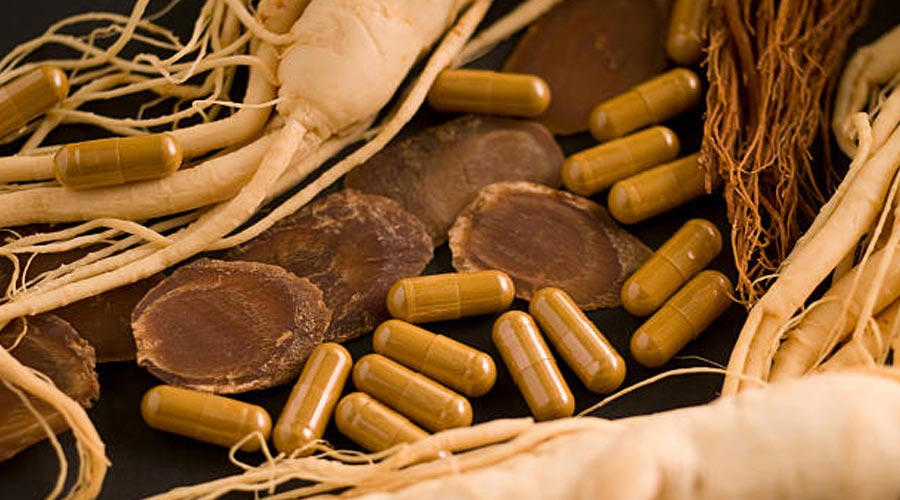
Ginseng has long been used as a natural antidepressant andnergizer. It is now being studied as a potential dopamine supplement, due to its ability to improve cognitive function. In a study of rats, ginseng increased dopamine levels in the brain and improved learning and memory. With further research, this could be beneficial for people with disorders such as Parkinson’s disease, schizophrenia, and depression, since dopamine is known to play a role in these conditions.
Probiotics
Probiotics are microorganisms that are beneficial to the host in which they live. Some probiotic strains have been shown to have effects on dopamine levels in the host. Probiotics are beneficial bacteria that help to keep your gut healthy. The healthy gut microbiome has been linked with increased dopamine levels and reduced anxiety and depression symptoms. Probiotics may work by enhancing gut health or by modulating the gut-brain axis. Further research is needed to confirm these effects and explore potential mechanisms of action.
Vitamin D
Vitamin D as a dopamine supplement has been found to improve motivation and focus in people with attention deficit hyperactivity disorder (ADHD). The study was conducted by researchers at the University of Utah and published in the journal Progress in Neuro-Psychopharmacology and Biological Psychiatry. The team recruited 38 participants with ADHD who had an average IQ score of 115. They were randomly assigned to receive either 800 IU of vitamin D per day or a placebo for 12 weeks.
Magnesium
There is growing evidence that magnesium can help improve brain function and performance. One potential benefit of magnesium is that it can help to increase levels of dopamine, a neurotransmitter that is involved in the brain’s reward system. Magnesium has also been shown to be helpful in reducing anxiety and depression symptoms. Magnesium deficiency is common and can lead to problems with mood, sleep, and energy levels. Taking a magnesium supplement can help to improve these symptoms.
Curcumin

Curcumin, a component of the spice turmeric, has been shown to have anti-inflammatory and antioxidant properties. It is thought that these properties may contribute to its potential as a dopamine supplement. Curcuminoids have been shown to interact with dopamine receptors in the brain, which may explain its ability to improve mood and cognitive function. However, further study is required to confirm these claims.
Fish oil
Fish oil is a great source of omega-3 fatty acids. These fatty acids are important for the health of your brain and central nervous system. In addition, omega-3s have been shown to be helpful in reducing symptoms of ADHD and depression. A study published in the journal “Journal of Clinical Psychopharmacology” found that fish oil supplements improved cognitive function and mood in adults with ADHD.
Side effects of dopamine supplements

Some people take dopamine supplements to increase their concentration, focus, and energy. However, these supplements can also have side effects. Some of the side effects of dopamine supplements include increased heart rate and body temperature, nausea, vomiting, diarrhea, and agitation. It is important to be aware of these potential side effects before taking a dopamine supplement so that you can avoid them if possible.
Final statement
In conclusion, dopamine supplements come in a variety of forms and with different intended purposes. Some supplements are meant to increase dopamine levels for people with low levels, while others are meant to help improve cognitive function or mood. It can be difficult to determine which dopamine supplement is right for you, but doing your research and consulting with a doctor is the best way to start.
FAQ
What supplements will increase dopamine levels?
Supplementing with dopamine-boosting supplements has become increasingly popular in recent years as people search for ways to increase dopamine levels and improve their moods. While the research on these supplements is still preliminary, some preliminary studies suggest that certain supplements may be able to increase dopamine levels. Some of the most commonly recommended supplements include L-tyrosine (an amino acid), caffeine, and L-theanine.
L-tyrosine is one of the most popular dopamine supplements out there. L-tyrosine is a nonessential amino acid that has been shown to improve cognitive function in healthy adults. It can also help treat Attention Deficit Hyperactivity Disorder (ADHD). Some researchers believe that L-tyrosine may also help improve mood and anxiety disorders. Some potential side effects of taking L-tyrosine supplements include headaches, anxiety, and stomach issues.
Can you buy dopamine as a supplement?
There is a lot of debate surrounding the use of dopamine supplements, with some people believing that they can help improve focus and motivation, while others believe that they can be harmful. Yes, you can buy dopamine as a supplement, but there is no definitive answer as to whether dopamine supplements are safe or not. It is important to remember that nothing is 100% safe and that before taking any supplement, it is always best to speak with a doctor.
What is the fastest way to increase dopamine?
There are many ways to increase dopamine levels in the brain, but which is the fastest and most effective? Researchers have been trying to answer this question for years, but there is still no clear consensus. Some methods, like exercise or meditation, increase dopamine levels through direct stimulation of brain cells. Other methods, like eating certain types of foods or taking supplements, may indirectly increase dopamine levels by improving your overall health or mood.
Some may resort to taking antidepressants to help with there mood. Many antidepressant drugs work by affecting levels of serotonin – another neurotransmitter related to mood – in the brain. These drugs are called selective serotonin reuptake inhibitors, or SSRIs. However, norepinephrine and dopamine reuptake inhibitors, or NDRIs, like bupropion (Wellbutrin) affect dopamine.their
Does Ashwagandha increase dopamine?
Ashwagandha is a popular plant-based supplement that has been used in Ayurveda for centuries. Some studies have indicated that ashwagandha may increase dopamine levels, but the evidence is inconclusive. Some people believe that ashwagandha can help improve mood and reduce anxiety. However, more research is needed to confirm these benefits.
How can I get dopamine naturally?
Dopamine is a chemical that is associated with happiness and pleasure. It is also responsible for controlling movement and motivation in the brain. Some people find that they need more dopamine in their lives, while others struggle to get enough. There are some ways to get dopamine naturally, but it is not always easy or convenient. Some people eat foods that are high in dopamine, while others take supplements or use natural remedies. Some methods are more effective than others, so it is important to find the one that works best for you.
